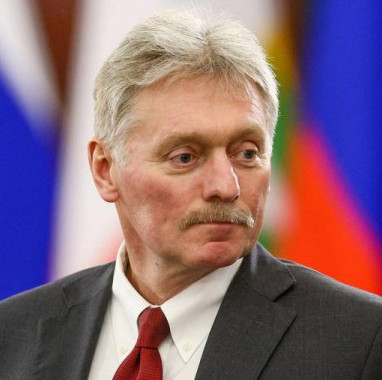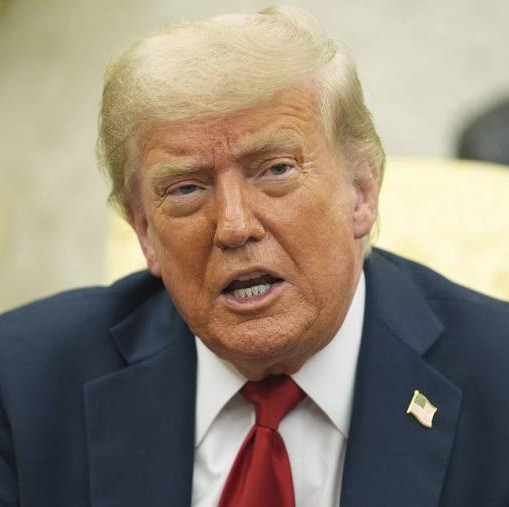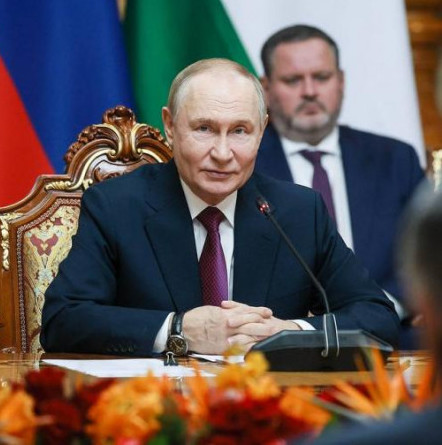
The underlying causes of the armed conflict in the North Caucasus are hidden in intraconfessional contradictions, the basis of which is the ideology of Islamic fundamentalism. In this regard, to ensure that the efforts to resolve the conflict are crowned with success, primarily there must be effective measures to counter the ideas of Islamic fundamentalism, weaken their influence on the minds of true Muslims.
Today, one in five people on the planet is a Muslim, that is, he who is committed to Islam, an influential world religion, whose core is strict monotheism, traditionally expressed by the formula: “There is no god but Allah and Muhammad - His Prophet.” It is in the sermons of Muhammad in the 7th century, that Islam was formulated in its final form.
As a doctrine, Islam is a whole world-view, based on divine revelations of Allah with a universal content of spiritual, moral, scientific and philosophical, socio-political and economic order, and opens all the ways leading to happiness and prosperity. Socially, the original Islam is intended, on basis of high moral standards, to form a virtuous person, a healthy family and a harmonious society. So, not everything is so bad in Islam, as claimed by his critics and opponents. Propagating the high spiritual and moral standards in society, Islam rather quickly spread its influence in the world and has gained many adherents.
In Russia, Islam has existed for 14 centuries. Islamic ideas have first penetrated into the territory of the present-day Dagestan and from the second half of the 10th century to the 15th century they occupied a dominant position here. The penetration of Islam from Dagestan into Chechnya and Ingushetia occurred in the 15-17 centuries. Islam established among the Abaza, Circassian Kabardinians, Balkar, Karachay, Ossetians in the 18-19 centuries. So, the Islam’s roots in the North Caucasus republics go deep into the centuries and have long-lasting traditions.
At a certain stage of development an Islamic fundamentalism arose and became widespread in Islam. It happened in the 17th century as a reaction to the promotion and penetration into the Islamic environment of ‘western civilization’s values’, consumer psychology and the cult of material excess, accompanied by worsening economic conditions of the Muslims, a sharp social stratification in the Muslim society.
The Islamic fundamentalism declares the need of Muslims’ return to strict compliance with the requirements of the Koran and other holy books in the religion, as well as the ‘liberation of Muslim lands from colonizers’. John Esposito, in his book “The Islamic Threat: Myth or Reality?” notes about the causes of Islamic fundamentalism: “…Breathing new life into the Muslim ruling institutions and society is possible only in one way: by reaffirming the Islamic law, making it the basis of the state and society, which should follow Islam and rely on social justice... The Muslim countries’ weakness and dependence are a consequence of godlessness of Muslims who deviated from the path shown by God, and preferred to it secular, materialistic ideologies and values of the West or the East – capitalism.”
Theory and practice of Islamic fundamentalism is notable for variety; this movement is typical of both Sunni and Shiite directions of Islam. In some Islamic countries, fundamentalists succeeded in accepting their ideology as dominant (Islamic Republic of Iran). In a number of other countries – the fundamentalist movements act in opposition to the existing secular state institutions; and to counter the latter, some groups of fundamentalists use, among other, the methods of terrorism.
Under the conditions of Russian reality, the Islamic fundamentalism has gained a pronounced negative sense, radical and militant character that fits into the overall context of Islamophobia, Caucasophobia, Chechenophobia and other phobias. In relation to Islamic fundamentalism a split in the Russian society is observed mainly under the confessional principle, being regarded as a purely Islamic phenomenon in very negative terms.
The spread, the extension of influence of Islamic fundamentalism in Russia, especially in the North Caucasus, is due to several factors, both objective and subjective. First of all, it is the worsening of socio-economic and political situation in the 1990s in the Russian Federation as a whole and in the North Caucasus, in particular: sharp stratification of people on social and property grounds; mass unemployment, a crime wave, etc. Many Muslims see the cause of their misery and suffering in social injustice, poverty and misery, which pushes them into the ranks of fighters for justice.
At the same time, the formation of radical, militant Islamic fundamentalism in Russia was much influenced by similar movements in other countries of the Islamic world. It is this factor that contributed to making by a certain part of radical fundamentalist a camp of Islamic extremists and terrorists, who later formed a criminal underground in the North Caucasus. The ideological basis of this part of fundamentalists is the ‘jihad of the sword’ – the fourth Wahhabi form of struggle for faith, struggle towards Allah, or the “armed struggle against the infidels, and those who fall in it will be forever in bliss in paradise.” These fundamentalists are also called ‘Wahabees’.
Wahhabism in the North Caucasus has been generated by the same socio-political reality of the crisis period of the Russian society of the 90s. In a situation where people were disappointed with the communist ideology weakened the patriarchal and ethnic traditions, real opportunities appeared to approve new religious and ideological values, actively calling Muslims to go back to Islam’s roots and start a new movement towards a Sharia state: to overcome the society’s physical and moral fatigue, to have by force a historical revenge, not to adapt to the world, but on the contrary, to adapt the world to oneself and, as a consequence, to gain ideological and national independence.
A practical implementation of Wahhabism ideas as an ideology of Islamic radical fundamentalism, was the proclamation in the North Caucasus, on October 30, 2007, of a virtual Islamic state ‘Caucasus Emirate’, whose strategic goal is a separation by force of the North Caucasus from Russia and the creation in the region of an independent Islamic state under Sharia law. According to the creators of the Caucasus Emirate, the ideological “grounds for the declaration of an Islamic state was Muslims’ unconditional duty to Allah to establish the law of Allah – Sharia in their controlled territories.”
This is a real danger of the he Caucasus Emirate, whose main methods of action are terrorist acts, shellings and bombings, and other acts of intimidation of the population, public authorities and clergy, professing the standards of traditional Islam and opposing the extremist ideology. The fight against terrorism in the North Caucasus is uncompromising and, in many instances, not entirely fruitless, but this is not enough.
The explosive behavior of the current situation in the region is also due to the difficult socio-economic situation and the low living standards of the popular majority, mass unemployment, corruption undermining any confidence in government. Wahhabism influence is not to be overcome without solving these problems. This is the foundation, the basis of all future on improving the situation in the North Caucasus.
Many experts believe the priority way is to counter the ideas of Wahhabism in the North Caucasus, to raise the level of spiritual and moral education of young people, which is crucial for the future of the Caucasian peoples. At present, this work is urgent primarily to deprive the bandits of human resources lest young people should go to the mountains and forests.
What are the most important here: to protect young people from the pernicious influence of hostile ideologies, and, above all, Wahhabism, as young people easier than others adopt the ideas of jihad to the extent it is presented by radicals; to promptly identify those young people who have fallen under the psychological oppression of religious extremists; to conduct explanatory conversations with them.
In struggle with the ideas of Islamic fundamentalism a great role belongs to the Muslim clergy of traditional Islam that retains a strong position everywhere. At the same time, as the experts note, their potential is used not to full strength; their personal safety is not always properly ensured.
Although the local administration sees its support in the traditional Islam, however, it pays little attention to the development of theoretical and material resources of religious educational institutions providing training of Muslim clergy. As a result, in its training there are weak spots, and at the theological level, it is less trained than its opponents who are being ideologically and politically educated in the Muslim East centers and become active and effective missionaries of Wahhabism.
The expert community also believes that the recovery of the ethno-political and ethno-confessional situation in the North Caucasus, the prevention of the spread in the region of ideas of Islamic fundamentalism (especially Wahhabism) could be achieved by means of a real dialogue of the authorities with leaders of moderate and radical Islamic fundamentalist communities, a greater tolerance to them, assuring them of the authorities’ peaceful intentions, giving them security guarantees.
In general, problem of fighting with followers of Islamic fundamentalism as an ideological source of violence in the region is many-sided, highly sensitive and absolutely requires further examination by scientists, political scientists, theologists and sociologists of high professional level. It is extremely difficult to put a solid barrier to the ideas of Islamic fundamentalism, but it is urgent to take actions to build-up efforts in this direction, as the strengthening of modern ‘Islamic religious terrorism’ is the greatest threat not only for Russia, but also a threat to humanity.


